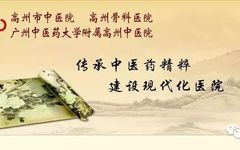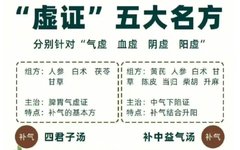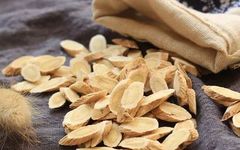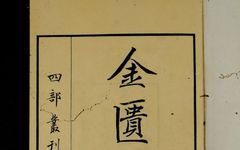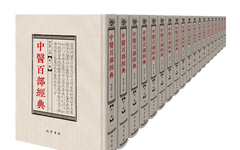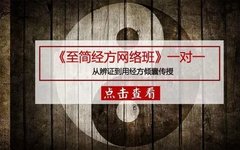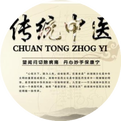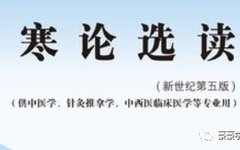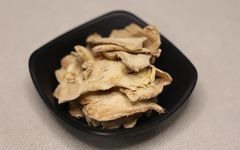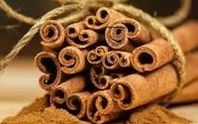Methods for TCM Regulation of Yin Deficiency Constitution
Methods for TCM Regulation of Yin Deficiency Constitution The Yin deficiency constitution is best regulated with herbs that nourish Yin and moisten dryness. Herbs that can replenish Yin include: Hai Shen (Sea Cucumber), Bai He (Lily Bulb), Mai Dong (Ophiopogon), Tian Dong (Asparagus), Shi Hu (Dendrobium), Yu Zhu (Polygonatum), Huang Jing (Polygonatum), Ming Dang Shen … Read more

